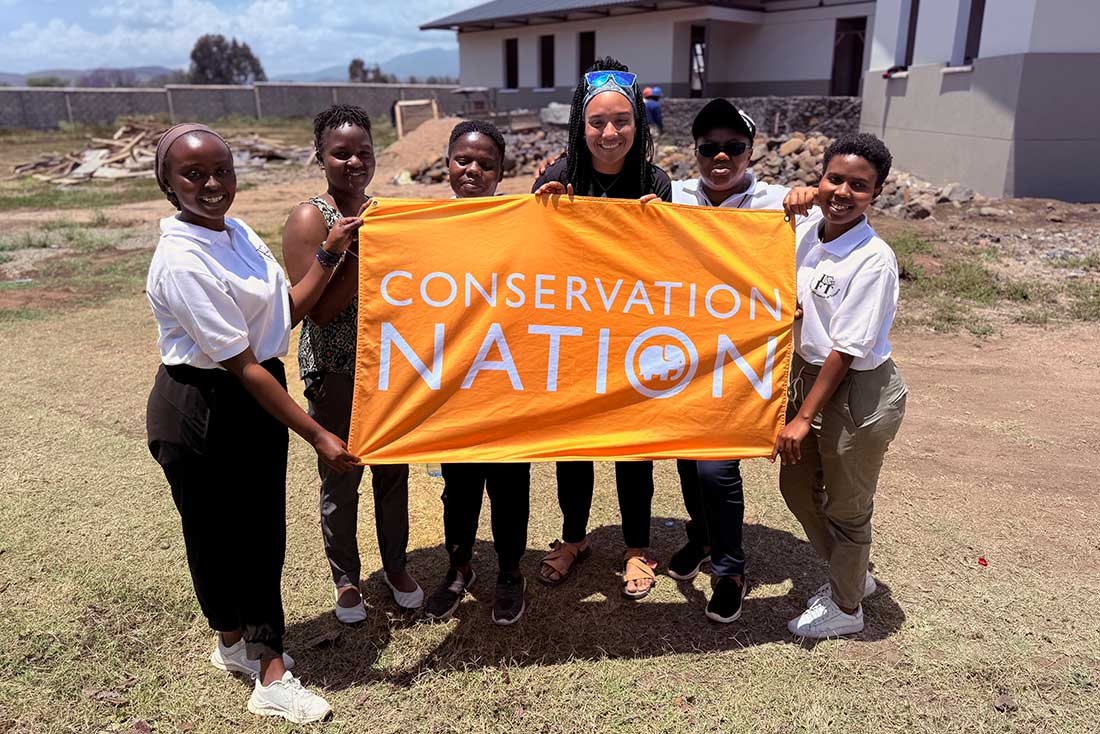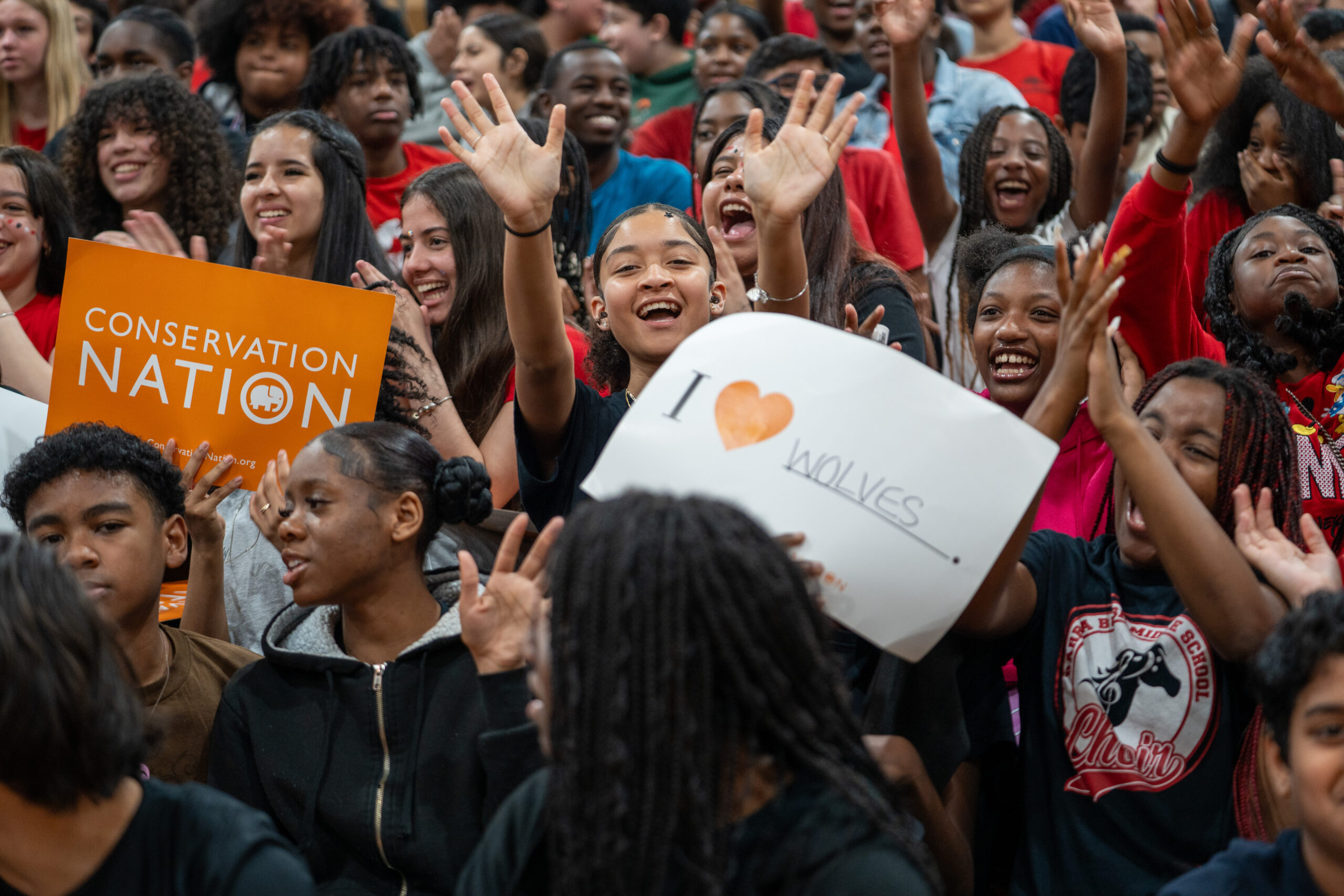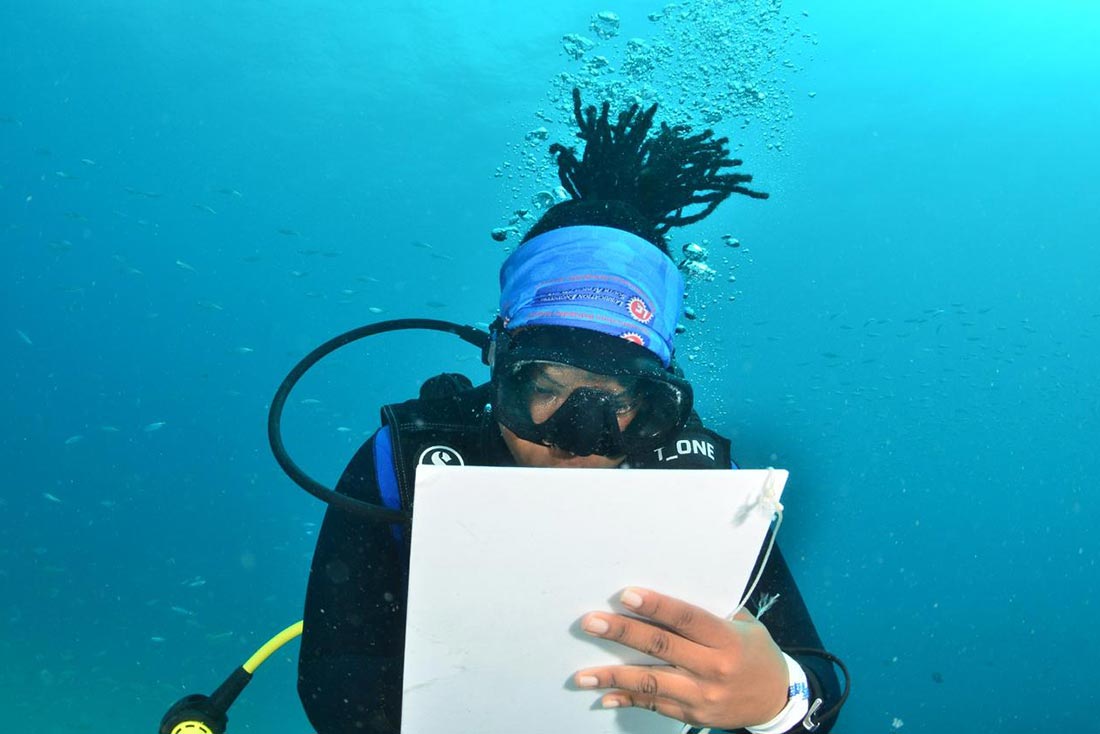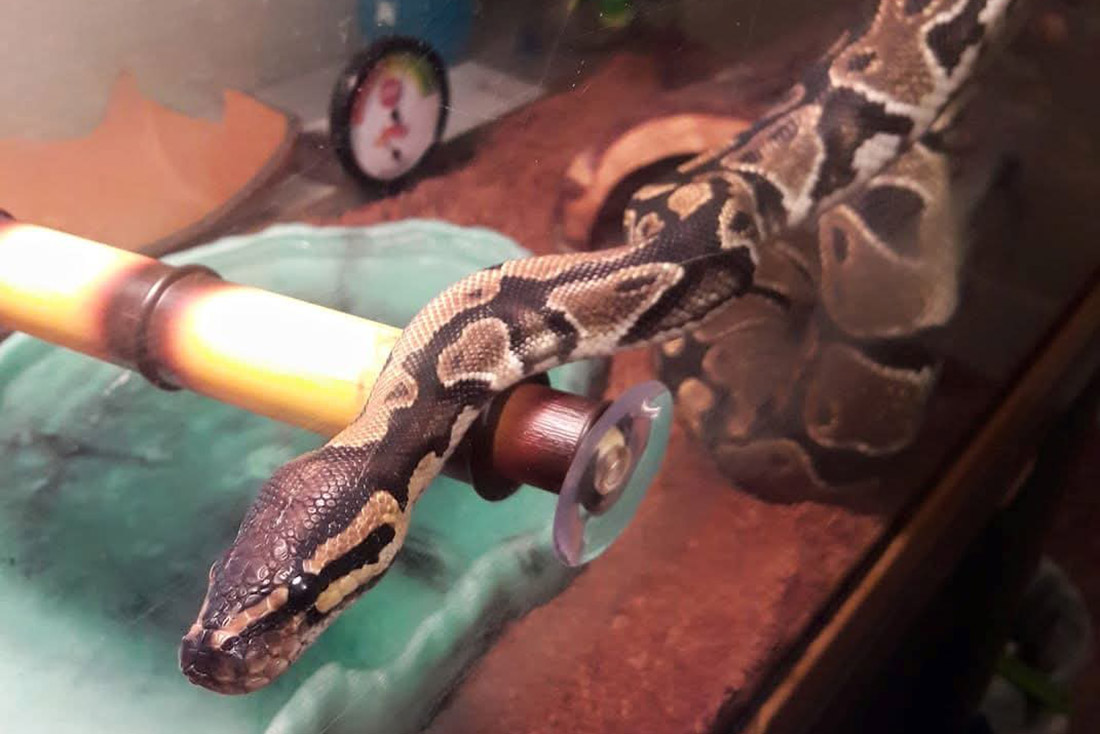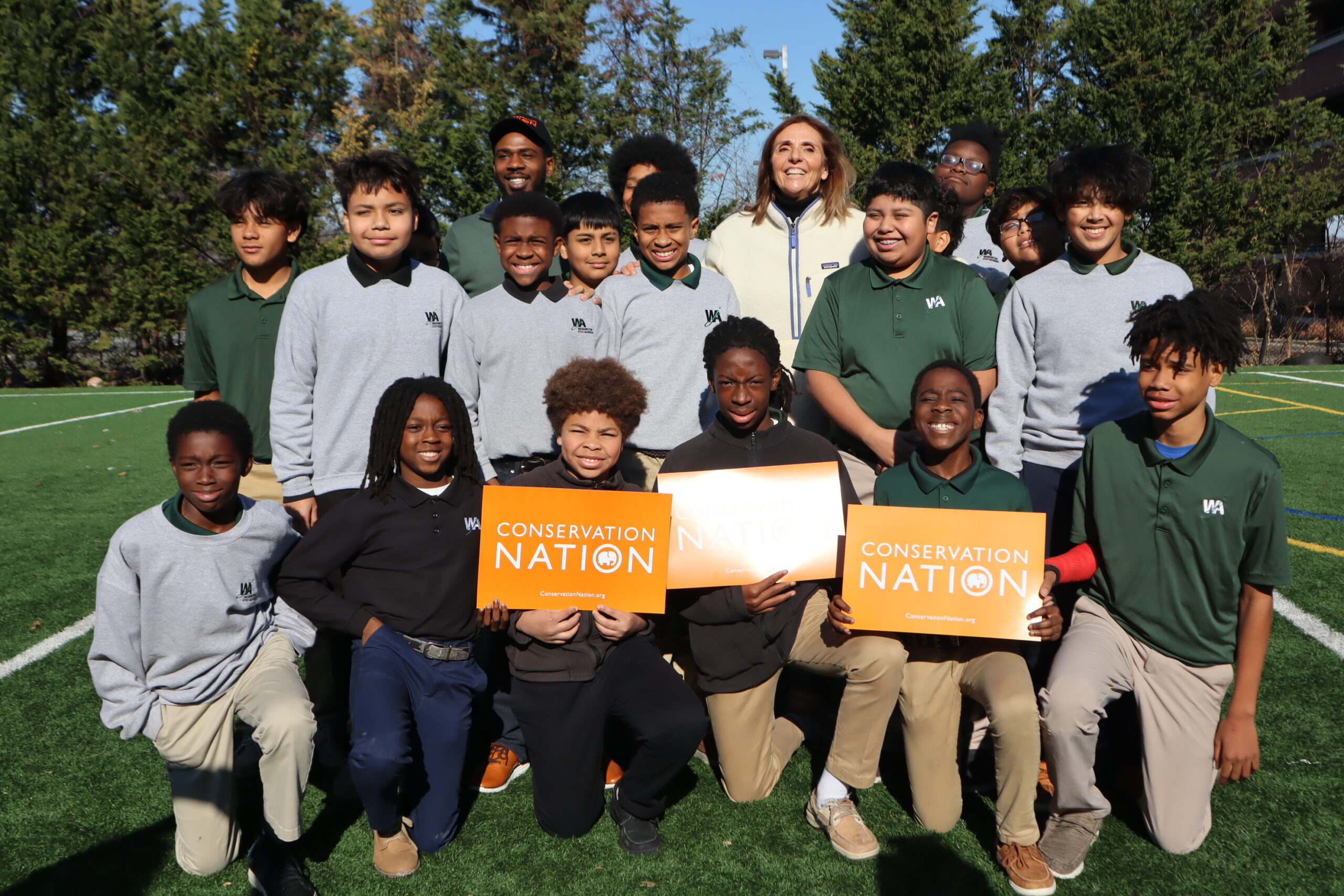Talk about family values.
When the Hanauers–Larry, Julie, and son, C.J.–decided they were going to make a difference for endangered pangolins in Vietnam, they weren’t kidding.
After launching a Conservation Nation fundraising page, they’ve collected more than $6,800 to purchase medical equipment for the species, mostly through a private fundraising event. And all their efforts culminated in a week-long trip to Vietnam this past December to the Save Vietnam’s Wildlife (SVW) rehabilitation center at Cuc Phuong National Park. There, they provided support as 30 pangolins, who had been rescued from poachers, received life-saving veterinary care.
“For a week, we cleaned the pangolins’ enclosures, changed their bedding, collected data on their behavior, and fed them frozen ants and ant eggs,” Larry Hanauer says. “We watched the wildlife center’s volunteer veterinary staff treat the wounds the pangolins suffered in captivity and nurse them back to health.”
Larry Hanauer says it was an amazing experience, and since their visit, 14 of the recovered pangolins have been released back into the wild.
At a small gathering of the Hanauers’ family, friends and fellow conservationists in October, Smithsonian researcher Marc Valitutto gave a presentation on pangolins, including their plight and plans to stop their slaughter at the hands of poachers. Dr. Valitutto has long been on the frontlines of pangolin conservation efforts, having conducted much of his research with SVW, and in other locations like Myanmar and Thailand.
A big part of the problem, he says, is that in some parts of the world, pangolin scales are considered medicinal when, in fact, they’re not. That’s why he’s grateful for the support of people like the Hanauers, who are willing to go the extra mile not only to fundraise, but also to help educate others about this species on the brink of extinction. Hopefully, the more people understand why pangolins are valued by illegal traders, the more can be done to protect the species—by working with governments, as well as launching educational campaigns in the communities buying these scales.
“Grassroots fundraising has the most potential for long-term impact on pangolin conservation as it offers more than just money,” Dr. Valitutto says, “but instead it creates a movement of dedicated individuals that acknowledge the issue and make it a personal goal to prioritize this species in their minds, hearts and conversations. With this level of commitment, we have the momentum we need to save pangolins.”

